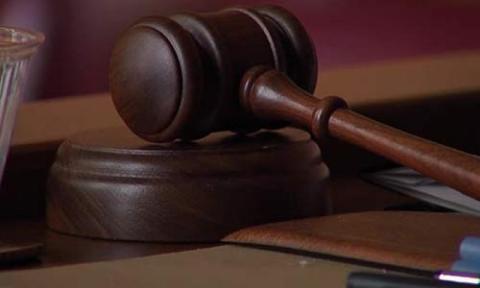
The apex court made the ruling while striking out two suits challenging the conducting of court hearings via Internet enabled platforms.
Nigeria's Supreme Court has ruled that virtual court proceedings in the country were not unconstitutional.
The apex court made the ruling while striking out two suits challenging the conducting of court hearings via Internet enabled platforms.
Moyosore Onigbanjo, Attorney-General of Lagos State in a suit with reference number SC/CV/260/2020, asked the court to determine if cases heard over digital platforms were constitutional.
He asked the court to determine, “Whether having regard to Section 36(1), (3) and (4) of the 1999 Constitution (as amended) use of technology by remote hearings of any kind, whether by Zoom, Microsoft Teams, WhatsApp, Skype or any other audio-visual or video-conference platform by the Lagos State High Court or any other courts in Nigeria in aid of hearing and determination of cases are constitutional.”

On Tuesday, the Attorney-General of the Federation told the court that the National Assembly is already taking steps to amend the constitution to accommodate virtual court sittings.
He said the parliament lacks the powers to do so as section 274 of the constitution gives powers to the heads of courts to regulate the rules of court.
Delivering the ruling, the seven-man panel of justices of the apex court held that the suit was immature and speculative.
The panel said, “Can we at this stage speculate the outcome of the national assembly? Even if we can, the amendment must have occurred before the suit matures.
“Even the devil knows not the intent of a man. Your suit is speculative and it is a fundamental law that we don’t act on speculations. Wait for them to pass the law and see if it will affect your own rules of court.”
Onigbanjo in response said, “Having listened and taken the hint of this court, I humbly withdraw the application.”
Giving its ruling, the panel added that, “As of today, virtual court sitting is constitutional. This suit is speculative and on that basis, it is struck out.”